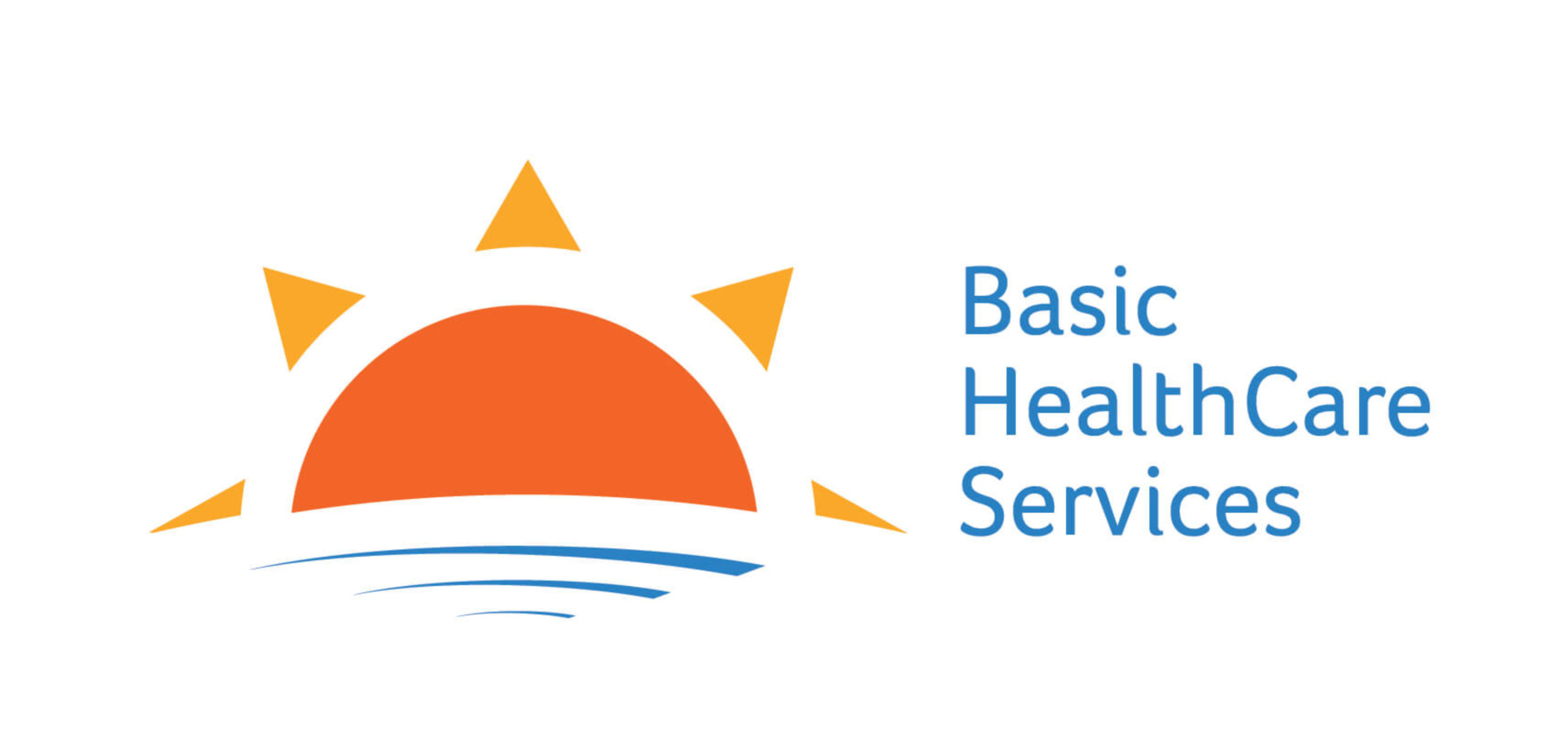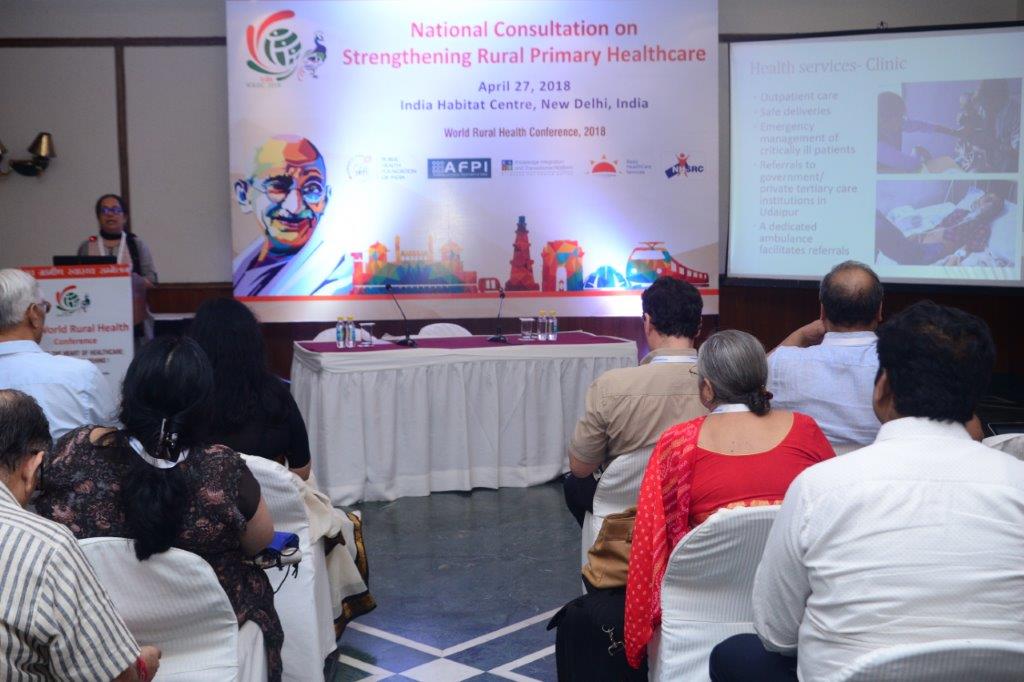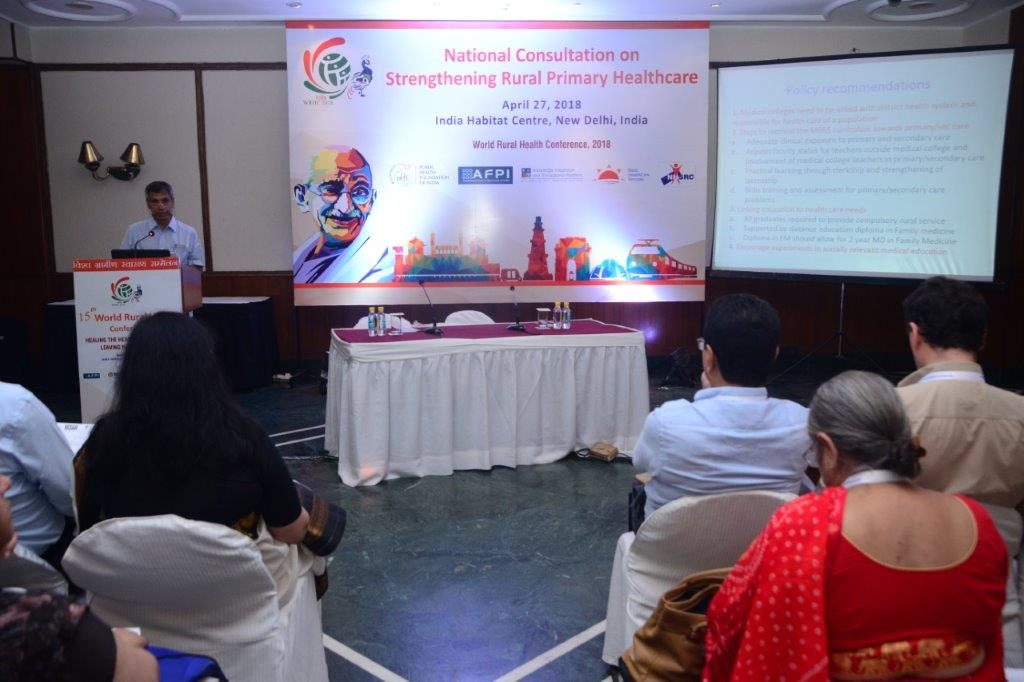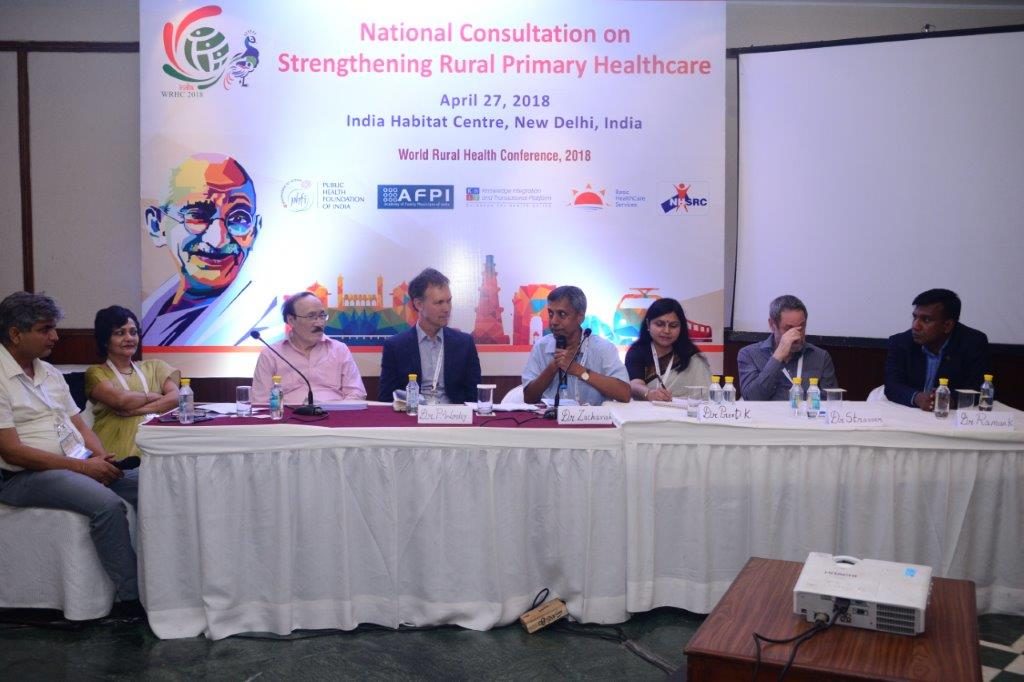The National Consultation on Strengthening Primary Healthcare in Rural India
Synthesising evidences for building a responsive, comprehensive primary healthcare for the underserved
Primary healthcare is essentially the first three floors of a hundred floor tall building. – Dr M K Bhan
In the month of April 2018, Basic HealthCare Services in partnership with Academy of Family Physicians in India had organised a National Consultation on Strengthening Primary HealthCare nestled under the 15th World Rural Health Conference 2018. The Consultation was jointly organised by Niti Aayog, National Health Systems Resource Center (NHSRC), Public Health Foundation of India (PHFI), Knowledge Integration and Translation Initiative (KnIT), and WONCA-Rural co-hosted the consultation. The one-day national consultation brought together public health practitioners, academicians, policy makers from India and abroad to identify those elements that could guide India’s efforts at improving health care in rural and underserved areas. Experiences from four states (Chattisgarh, Tamilnadu, Karantaka and Rajasthan) and four countries (Australia, Brazil, South Africa and Nepal) were shared. In the wake of India’s emphasis and stride towards building a robust, effective, comprehensive primary healthcare as the backbone of the nation’s health system, the Consultation brought out several key learnings and insights on the ways of achieving its goals.
The Consultation revisited the role of Primary Health Centres for a comprehensive primary healthcare within the ambit of the proposed Health and Wellness Centres. Retaining the central role of PHCs in primary management of patients and strengthening the pathway of referrals to secondary and tertiary care has been seen as essential in ensuring efficiency , credibility of PHCs. In the light of the recently introduced National Health Protection Scheme, the discussants emphasised on preserving this quintessential ‘gate-keeping function of the PHC’ . 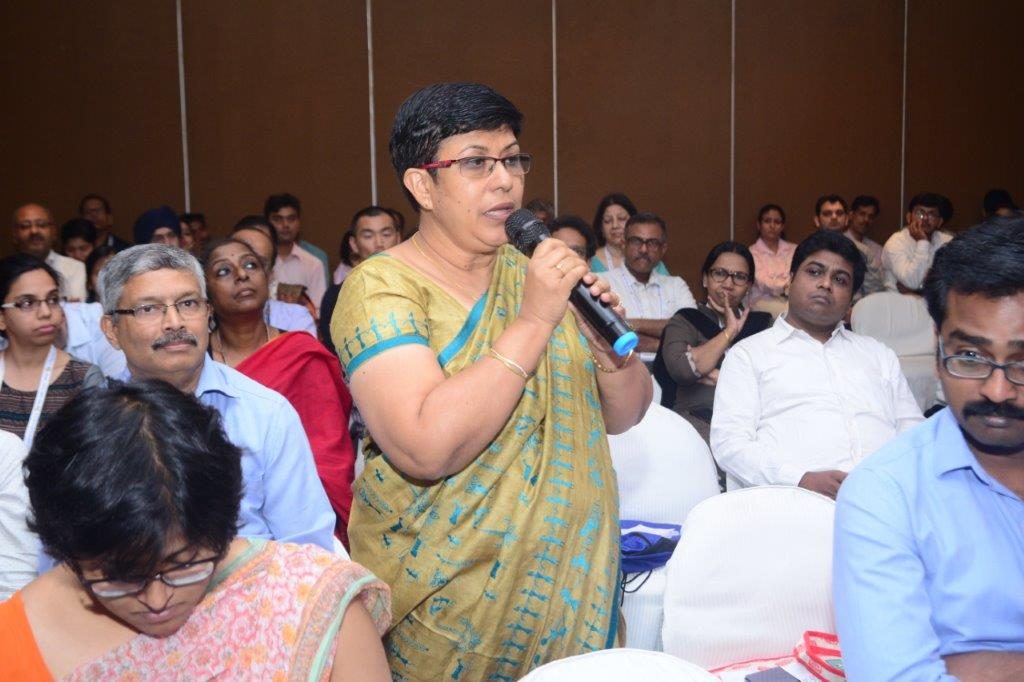
A crucial role and need of General Practitioners and Family Physicians in primary healthcare was articulated and supported through both global and nationwide experiences. Building this cadre requires revisiting the curriculum that focussed on skilling them to carry out a wide range of procedures, treatments that can be efficiently managed at the primary care level. This also involves infusing sensitivity and attitude to serve insuch areas. Presenters highlighted the need for supporting and equipping the cadre with the necessary resources, expanding their scope, career opportunities and investing in their welfare and monetary incentives. Exemplifying the CMC Vellore training for rural physicians, one of the Presenters, Dr Anand Zachariah suggested how a combination of appropriate skills, rural exposure, incentives and an appreciation of local context and needs have been successful in shaping a strong cadre of physicians.
The Consultation drew in evidences from Chhattisgarh , Rajasthan that explored the scope of primary healthcare providers in different capacities and skill-sets for effective delivery of high quality primary healthcare services. The presenters emphasised on expanding the role of mid-level providers like Nurse practitioners or RMAs who are well-embedded in the system and can be trained in patient management. A team approach that includes Physicians in the role of Mentors, skilled nurse practitioners and village health workers or volunteers is necessary in providing comprehensive, responsive healthcare services and a continuum of care. This arrangement would ensure judicious and efficient utilisation of human resources in primary healthcare and enable its reach to the last-mile.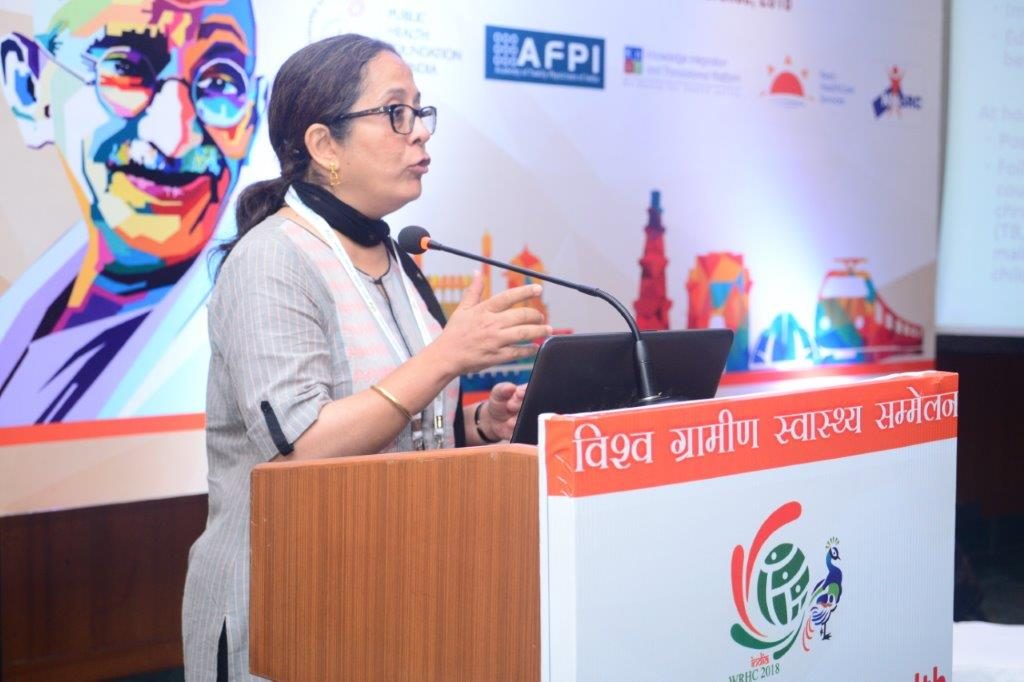
Navigating further into the scope of systems strengthening, community participation through a greater engagements with stakeholders like Panchayats was highlighted as a necessary predicament for ensuring quality and responsive primary healthcare. Recognising the variegated socio-cultural landscape and different healthcare needs, a greater involvement of community members could be ensured through ‘co-production’ where the community is not just a recipient but also contributes to a robust primary healthcare and effective service delivery.
An overarching theme of discussion within the Consultation was the need to propel investments in primary healthcare. This includes an increase in budgetary allocations on healthcare to 5% with a higher proportion on primary healthcare , investments in improving facilities for the front-line health workforce, disruptive technology to equip and bridge the gaps ,enable access.
Insights of the Consultation were documented and a comprehensive report of the Consultation was jointly prepared and published by BHS and AFPI. The Report has been shared across Government, Civil Society and public health forums :
-Manisha Dutta (Executive, Programs), Basic HealthCare Services / Aajeevika Bureau
